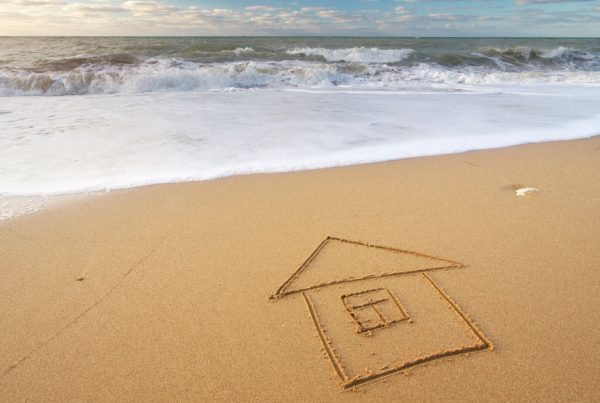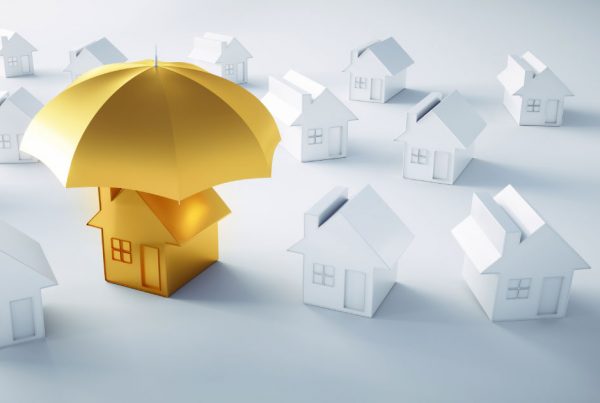From all sectors, we can see that there is a growing interest in sustainability and the environment.
From the institutions and companies themselves, with policies to reduce the impact that man’s actions have been leaving on our ecosystem for years, to the consumers themselves who value brands more and more for their environmental commitment and corporate social responsibility, the truth is that we cannot ignore the importance of the measures and opportunities that this interest generates.
Without going any further, complying with the energy efficiency measures in force, whether for the construction of new homes or those that can be applied in renovations or refurbishments, for example windows or the installation of solar panels, represents a saving on bills, but also an opportunity if the time comes when we decide to sell that property.
Does a home with the maximum energy efficiency measures increase its sale value?
As we have mentioned, the improvement of measures related to energy efficiency are, above all, a strong link and commitment to sustainability and care for our planet, so hard hit in recent years by pollution, gases, the waste we generate…
However, this interest represents a real opportunity from the point of view of the value of our homes. Many market studies already include the variable of sustainability in buildings as one of the factors most taken into account by new buyers or even those who choose to rent.
In this sense, according to a report presented by the specialised agency Colliers and Balantia, with the focus on the markets of Madrid and Barcelona as a sample of the study, it is observed that the sale or rental price of homes can increase by an average of 10% over their initial market value, which can always vary depending on the location of the property.
Is there any kind of incentive for owners of sustainable buildings?
In this case, according to the Ministry of Transport and Urban Agenda, the Spanish Government delegation in charge of energy efficiency measures, deductions on bills of up to 30% are foreseen for those owners who carry out works that lead to the improvement of energy efficiency, with which they manage to reduce, at least, 10% of the energy consumption of the building, either in terms of energy consumption, heating or cooling.
This tax deduction is applicable to Personal Income Tax (IRPF), so its beneficiaries are individuals who carry out such improvement works in a property they own.
In addition, it is important to know that there are a series of subsidies promoted by the government that can cover between 40% and 100% of the cost of a rehabilitation work to implement this kind of measures.







